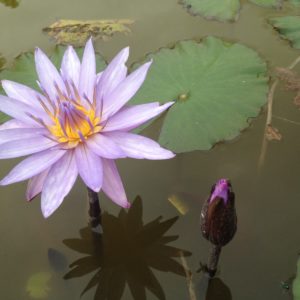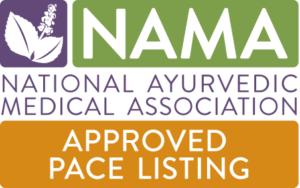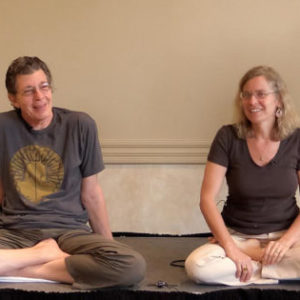About this course
In this multi-media course, Dr. Robert E. Svoboda and Dr. Claudia Welch present an in-depth exploration of the language and foundational principles and concepts of Āyurveda.
If you are able to fully understand and digest this course, together with Foundations of Āyurveda Part II, they are comparable to a semester of Āyurvedic in-person training and prepare students to incorporate Āyurveda concepts and practices into a yoga practice, an established medical practice, or to go on to pursue clinical study in Āyurveda.
While a couple decades ago, it was hard to find any information on Āyurveda in the West at all, today we face a different challenge. There are so many Āyurvedic educational resources that it can be daunting to find ones we trust to be accurate, authentic, and well-organized. It took years for Drs. Svoboda and Welch to obtain, assimilate, practice, and organize this knowledge in a manner that the Western mind may readily grasp. The potency of this course lies in its enlivened, organized, concise delivery of in-depth, authentic information and knowledge, based in rich experience.
Dr. Claudia Welch and Dr. Robert Svoboda combined have more than half a century of practicing and teaching Āyurveda. They have taught introductory, advanced, and clinical material. They have taught students with no prior knowledge of Āyurveda as well as advanced students and practitioners. They have taught students with no prior medical training and have taught MDs. In this course, they present material that is essential for anyone who chooses to pursue more advanced Āyurvedic studies. And you can learn at home, in your pajamas if you like, on your own schedule, without the disruptive physical, emotional and financial costs of traveling elsewhere to study.
If you would like to use our Foundations of Ayurveda courses as part of your education towards NAMA or other certification, the option available is to take our Foundations courses and then go on to complete your other requirements through an institution we’ve partnered with that will accept our credits as transfer credits. If you would like a list of these partner institutions, kindly contact us. We’ve listed more information on licensing and certification possibilities here.
You can begin this course any time you wish, take it on your own schedule, and take up to a year to complete it. (For options for longer access see, “How long will it take me to do the whole course & how long will I have access to it?” in the FAQs below). You will have indefinite access to live Q&As with Drs. Welch & Svoboda. You can complete the course on its own, or combined with our private or group tutoring. To get the most out of it you will need to take your time.
If you have already studied Āyurveda and would just like to review certain subjects, consider taking just the parts of this course that you would like to review. All sections are available as stand-alone lessons. (Just please note that each of those stand-alone lessons is taken out of the context of the entire course, so may contain references to material presented earlier or later in the course).


 Women’s Health & Hormones Part II: Srotorodha & The 6 Therapeutic Principles
Women’s Health & Hormones Part II: Srotorodha & The 6 Therapeutic Principles




Claudia Welch –
Nobody seems to ever uses this review feature, but people do let us know how they’ve liked the course and we put some of that, when we remember, in the, “Is This The Right Course for Me” menu tab above.